How the Aventine triad’s temple (493 BCE) turned ritual into law, archives, and grain—shaping plebeian identity in the early Republic.
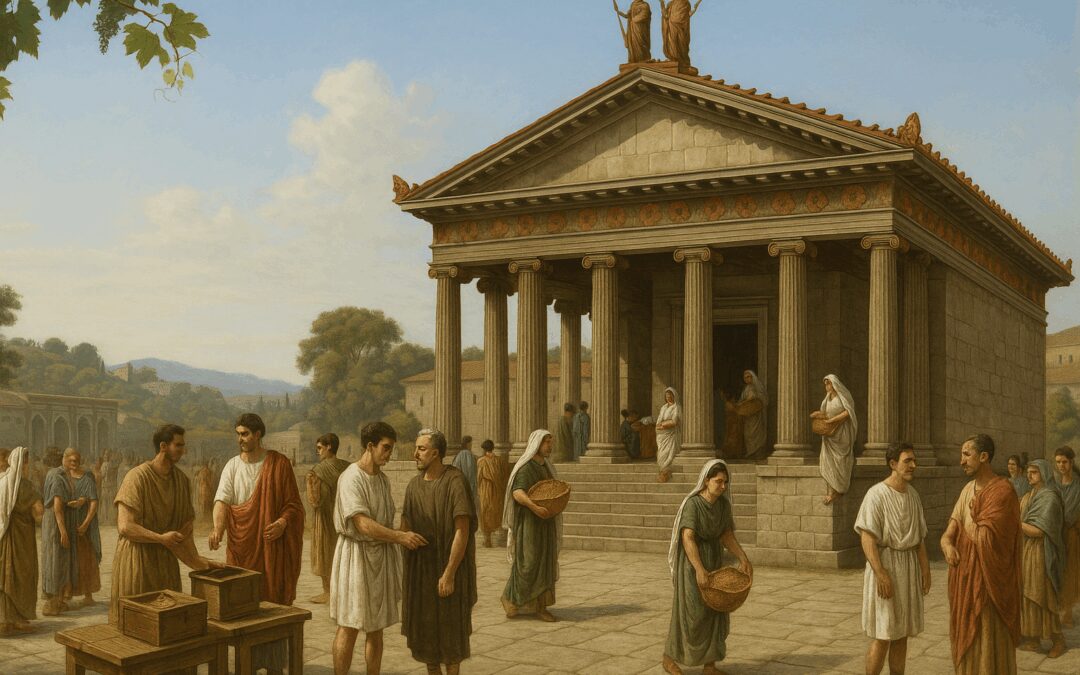

How the Aventine triad’s temple (493 BCE) turned ritual into law, archives, and grain—shaping plebeian identity in the early Republic.

Learn how the Secession of the Plebs in 494 BC reshaped the Roman Republic, giving rise to the Tribune of the Plebs and a new balance of power.

Discover how Julius Caesar and Augustus transformed Rome’s Senate House into the enduring Curia Julia, shaping political life for centuries.
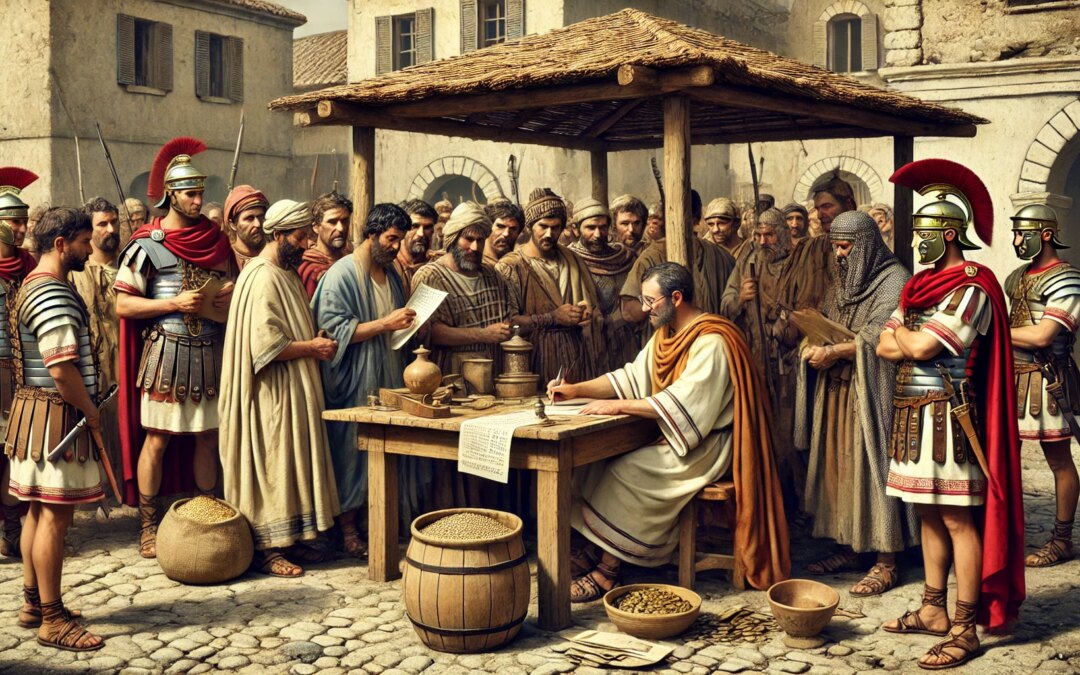
Dive into the world of Roman taxation during the Republic’s expansion in 150 BC and how it funded the rise of a Mediterranean empire.

Discover how the Law of the Twelve Tables, created in 451 BC, laid the foundation for Roman legal tradition and modern jurisprudence.
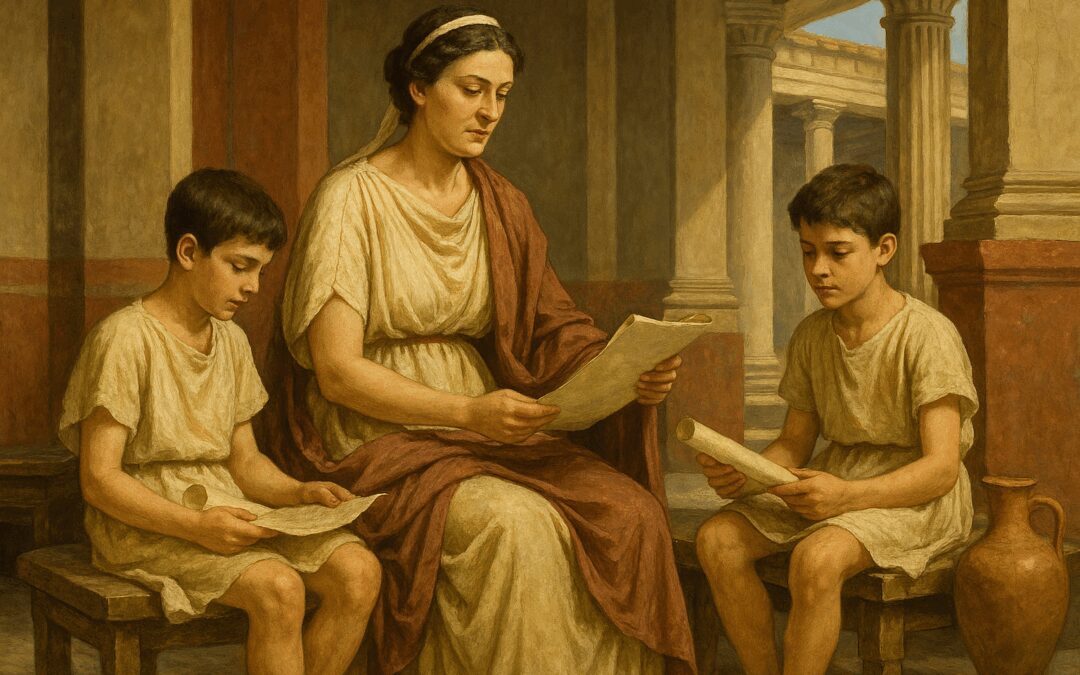
Explore how Cornelia’s wisdom and dedication to her sons laid foundations for Roman reformers Tiberius and Gaius Gracchus.
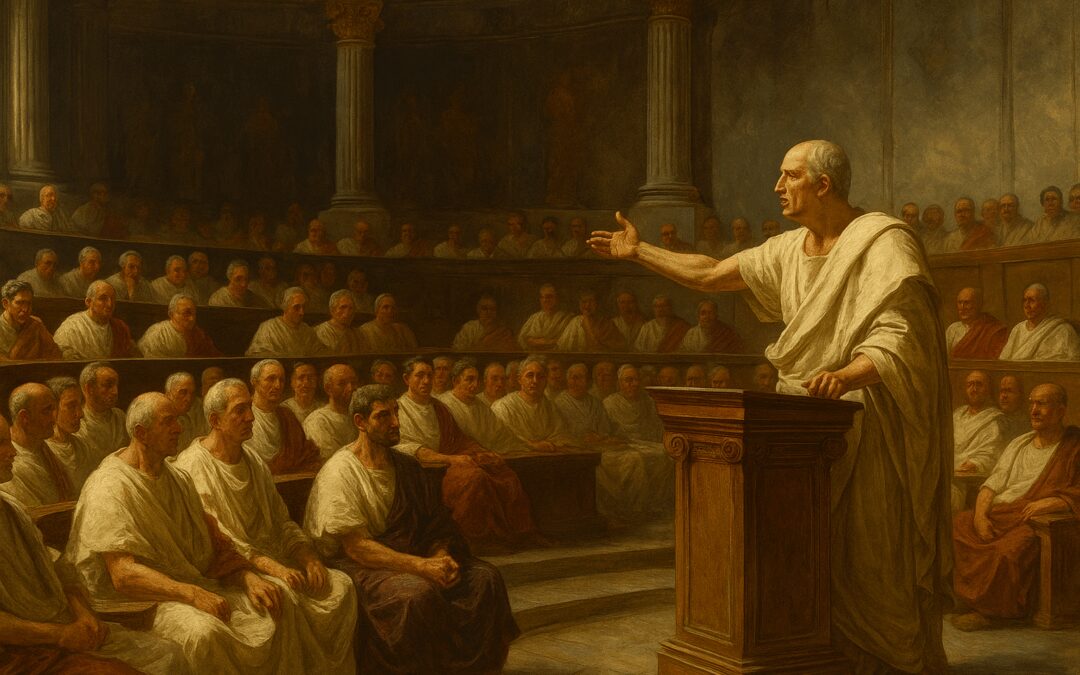
In 63 BC, Marcus Tullius Cicero delivered his First Oration against Catiline in the Senate, exposing a plot against the Republic and affirming the rule of law over tyranny.

In 73–71 BC, the gladiator Spartacus led a massive slave rebellion against Rome, challenging the Republic’s power and leaving a legacy of resistance and freedom.

In 496 BC, the Roman Republic faced off against the Latin League at Lake Regillus. Led by Aulus Postumius Albinus, Rome claimed a legendary victory that shaped its early identity.
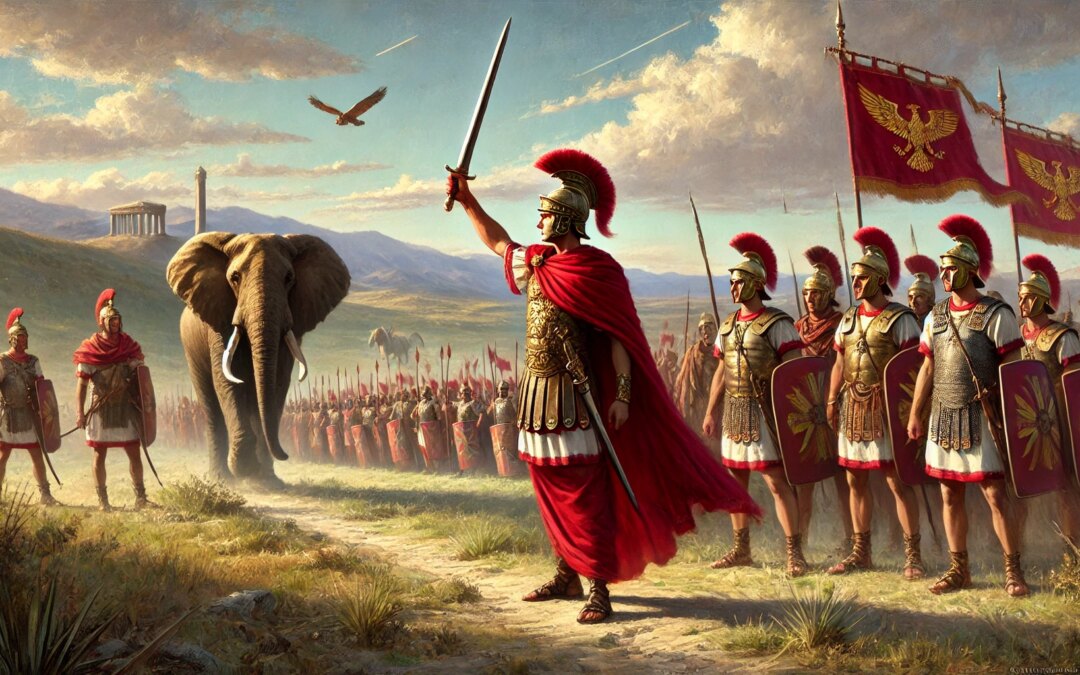
In 202 BC, Scipio Africanus defeated Hannibal at the Battle of Zama—ending the Second Punic War and securing Rome’s dominance over the western Mediterranean.